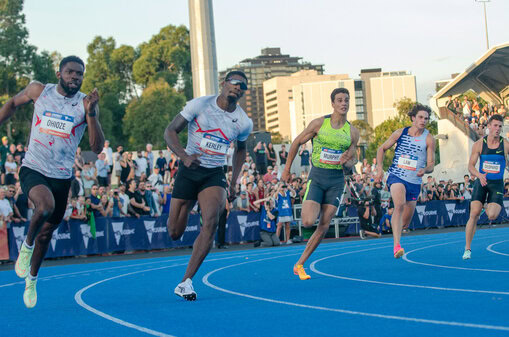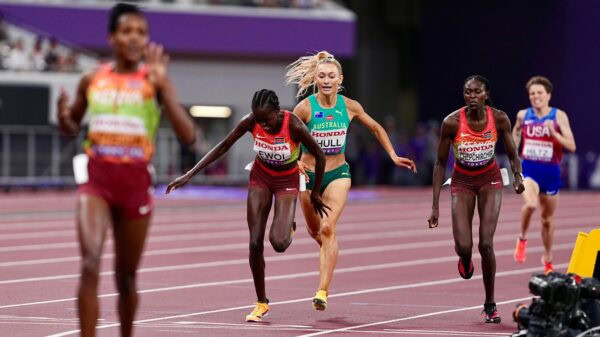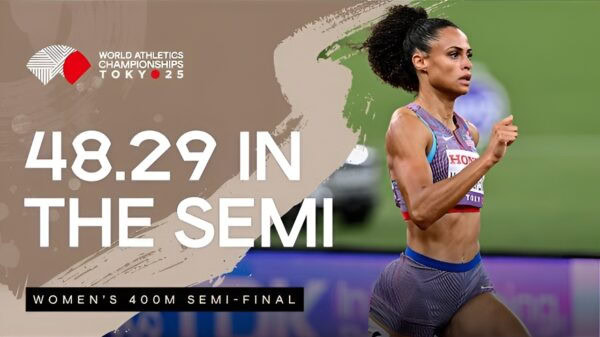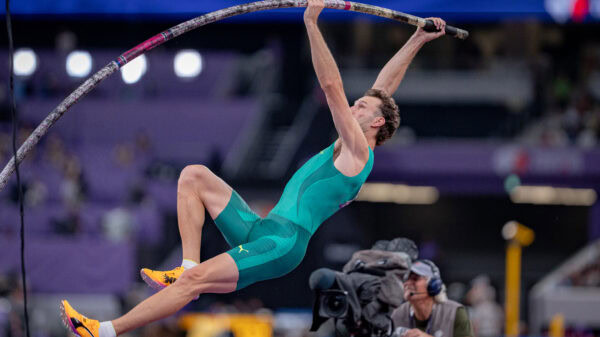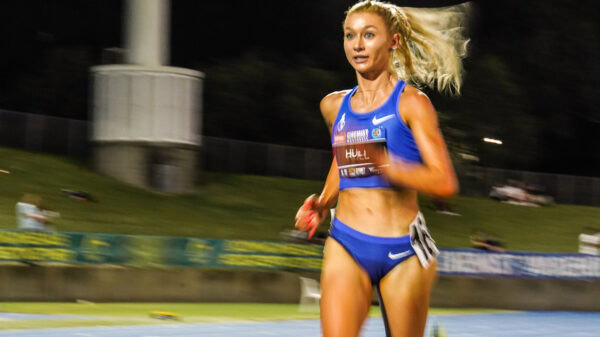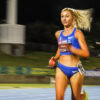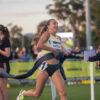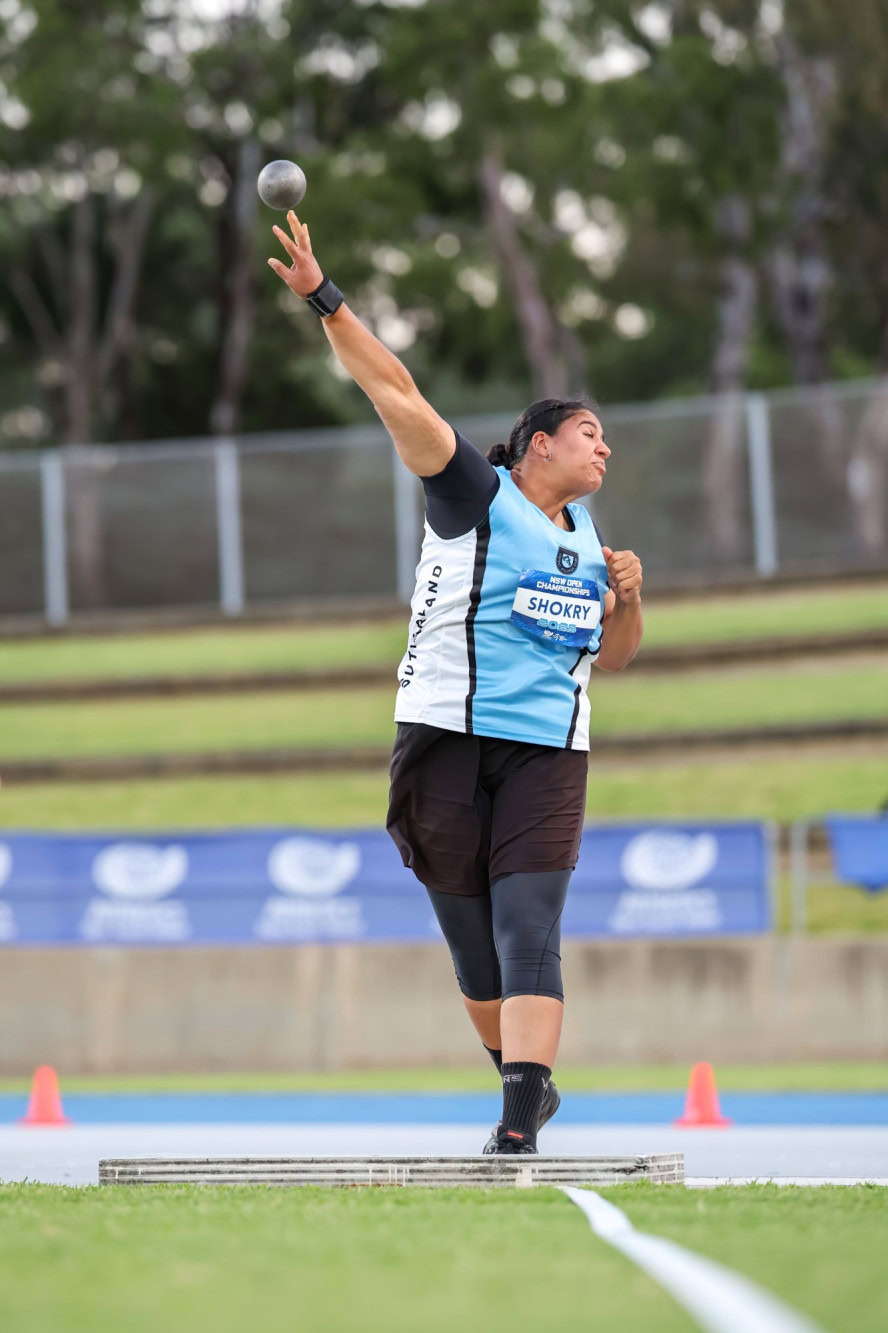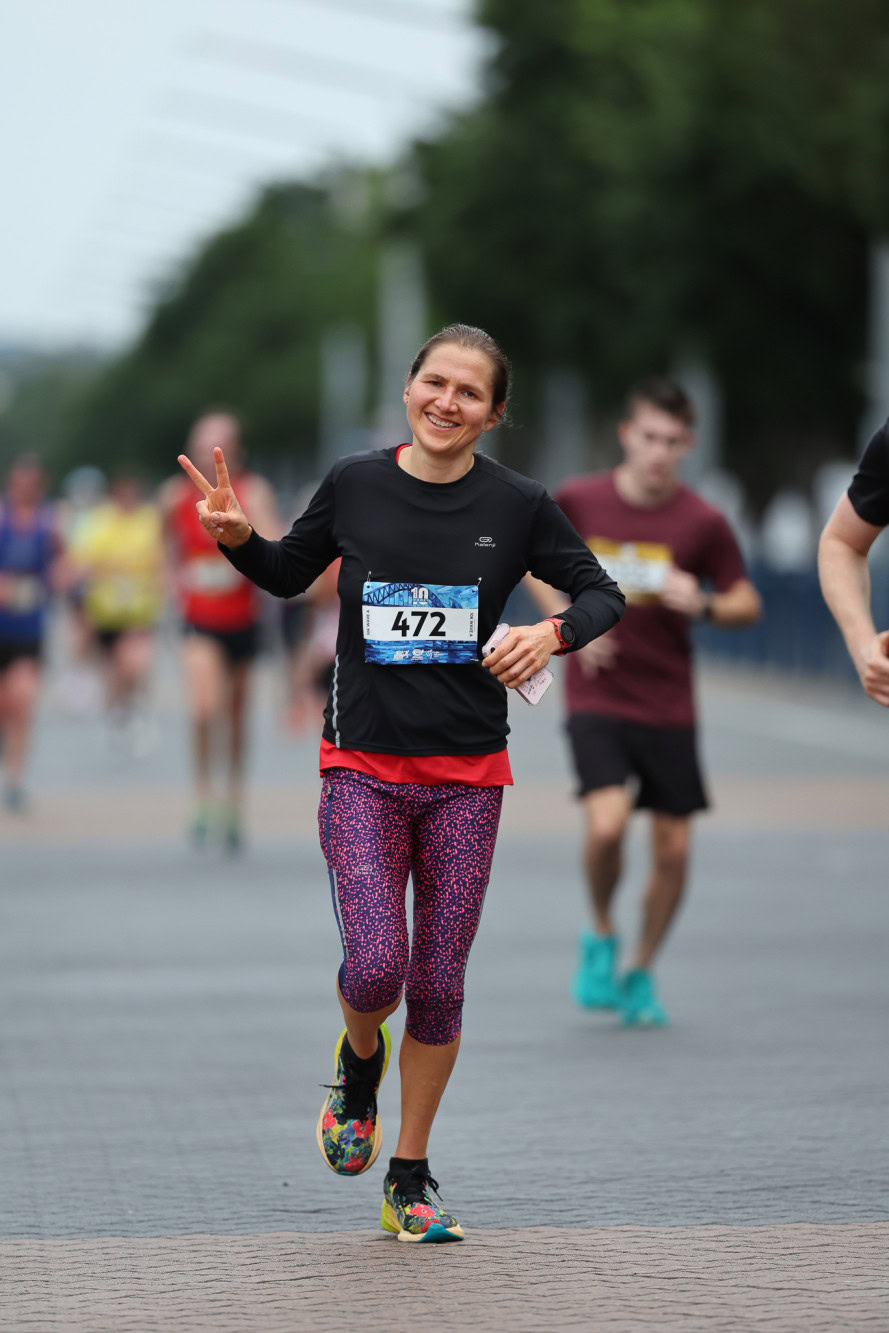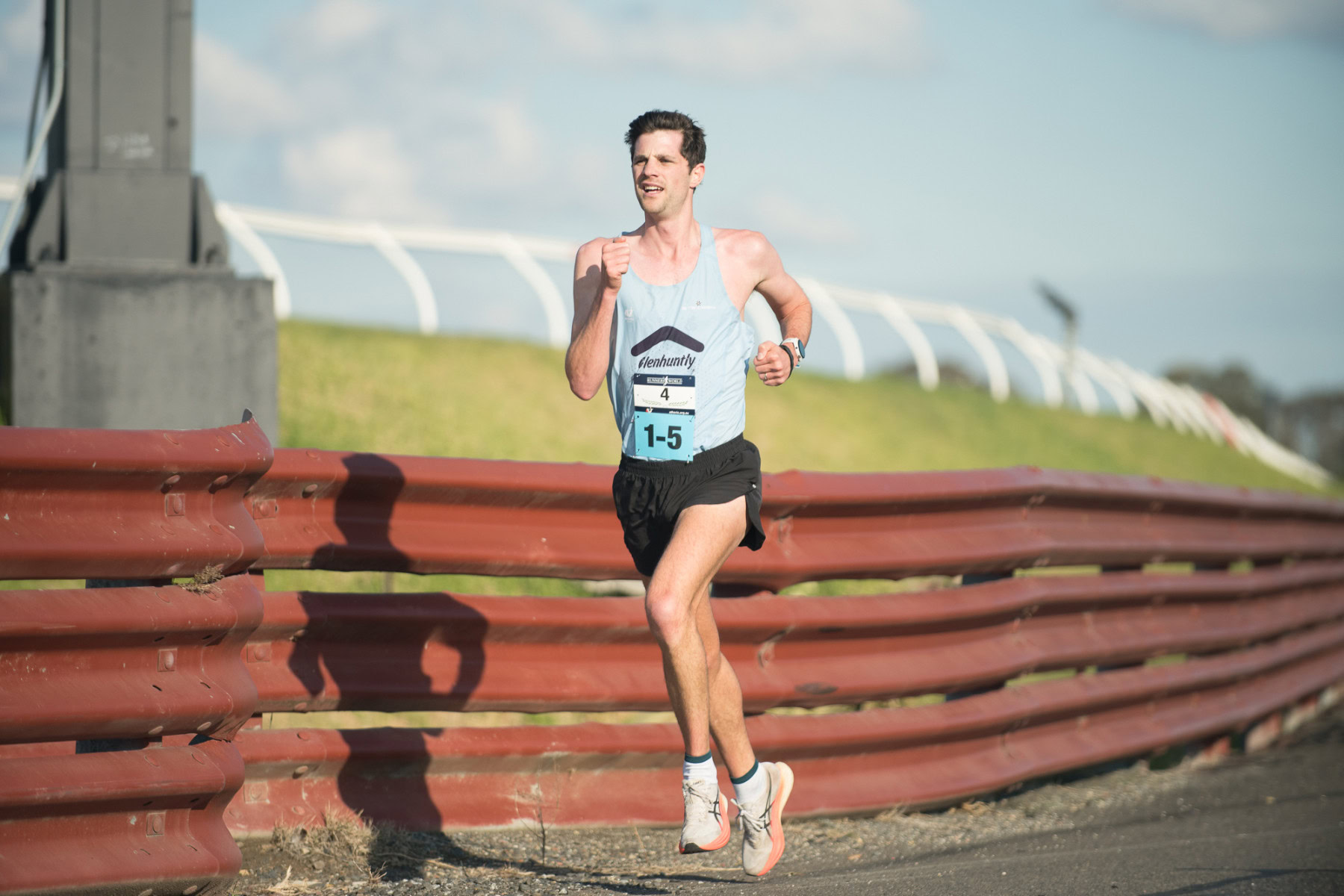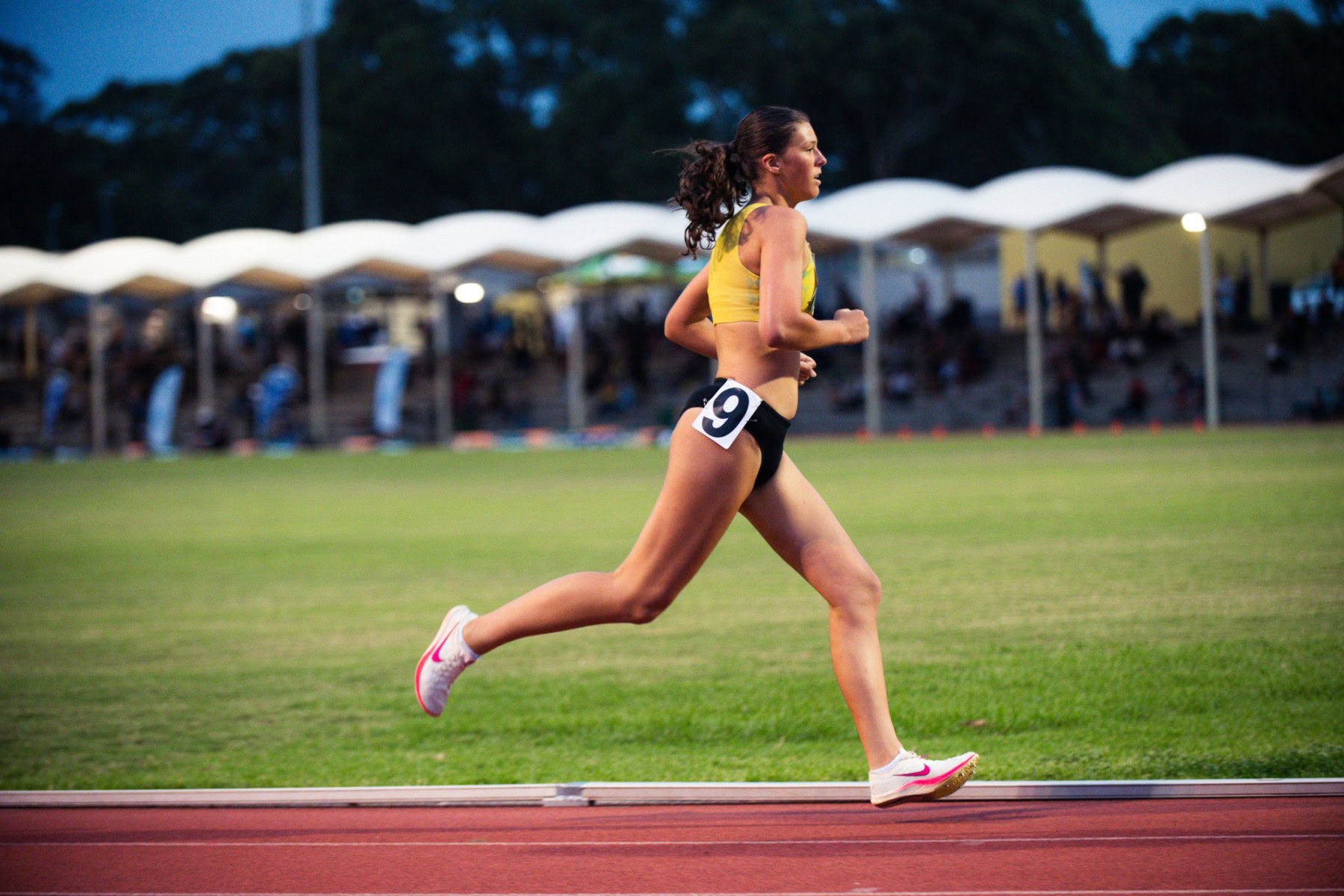Australia has a new middle-distance history maker, with Jessica Hull storming to the nation’s first ever medal in the 1500m at a World Athletics Championships, clinching bronze in a dramatic final in Tokyo.
A Race for the Ages
Hull threw herself into contention from the gun, refusing to let four-time world champion Faith Kipyegon slip away. The Kenyan superstar controlled proceedings from the front to claim yet another gold to cement her position as the greatest miler of all-time, while the Australian champion bravely fought through relentless surges and tempo shifts to secure her place on the podium.
Kipyegon, the world record holder at 3:48.68, three-time Olympic gold medalist and four-time world champion over the distance, remains peerless. Hull had the audacity to challenge her — a mark of her growth as an athlete after winning Olympic silver last year — and the humility to do so, rather than simply running for silver.
The closing stages saw Hull caught in the middle of a Kenyan charge, as Dorcus Ewoi stormed home for silver in a personal best of 3:54.92. Hull dug deep, clinging on in 3:55.16 to spoil a potential Kenyan sweep, edging Nelly Chepchirchir by just nine hundredths of a second.
“It was so intense,” Hull reflected. “When you start to believe you have a shot at gold, the intensity goes through the roof. I gave myself a chance to go for it, and that meant it got hard from a long way out—but I was able to fight for that bronze.”
Fighting Back from Zurich Heartbreak
The medal marked sweet redemption for Hull after being edged out by Chepchirchir in last month’s Diamond League final in Zurich.
“The Kenyans gave themselves every chance, but I had to fight back,” Hull said. “Nelly got me in Zurich and I was definitely having flashbacks down the home straight. I just pressed one more time and tried to hang on. I think everything happens for a reason.”
Splits and Surges
The race was as brutal as it was beautiful. Hull’s opening 300m was covered in 47.87, followed by laps of 63.92 and 61.83. Her final lap was her fastest at 61.54—but paradoxically, her last 100m (16.68) was her slowest stretch of the night, a testament to how deeply she had to empty the tank to secure bronze.
“It was hard earlier than I expected,” Hull admitted. “But if it’s hard for me, it’s hard for everyone. That’s what I kept telling myself.”
Jess Hull Splits
At the finish line:
- 300m: 47.87
- 700m: 1:51.79 (63.92)
- 1100m: 2:53.62 (61.83)
- 1500m: 3:55.16 (61.54)
At the start line:
- 400m: 64.25
- 800m: 2:07.45 (63.20)
- 1200m: 3:08.21 (60.76)
- 1500m: 3:55.16 (46.95 final 300m)
200m segments:
- 100m: 15.35
- 100m-300m: 32.52
- 300m-500m: 32.21
- 500m-700m: 31.71
- 700m-900m: 31.06
- 900m-1100m: 30.77
- 1100m-1300m: 29.18
- 1300m-1500m: 32.36
A Flag Moment Fulfilled
Beyond the medal, Hull cherished the symbolism of her achievement. After years of dreaming about her own “flag moment,” she finally had the chance to wrap herself in the green and gold on the global stage.
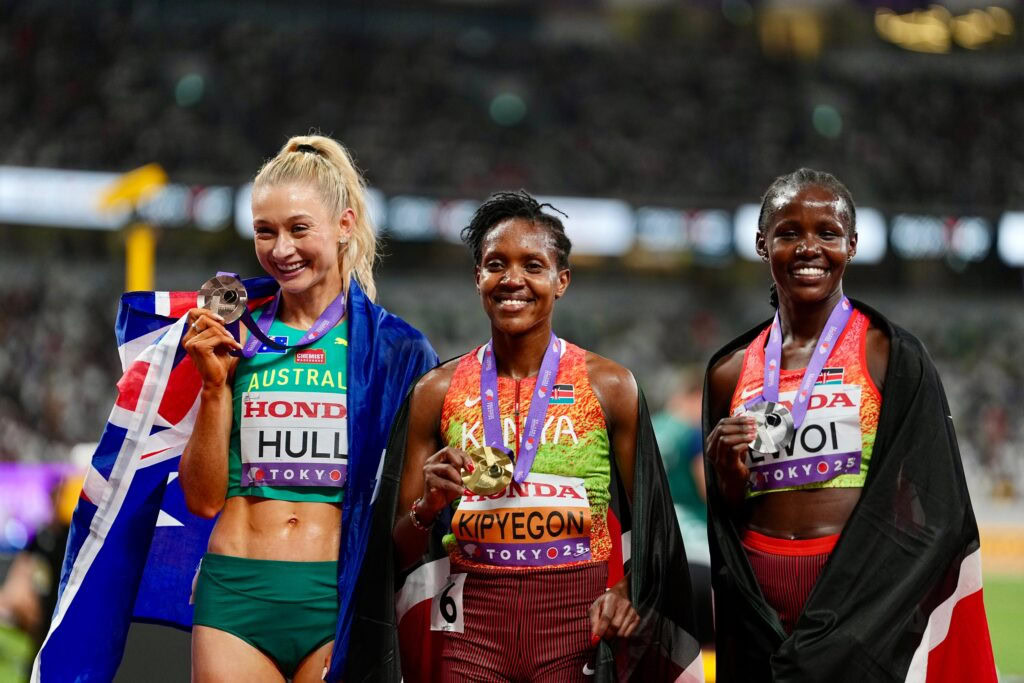
“I’ve dreamt of having my own flag moment for so long,” she said. “I got close indoors, and even in the past at the Fifth Avenue Mile there was a flag if you made the podium, but I just missed out. I first got it in Paris—and to have it again here, at a World Championships, is pretty special.”
Hull’s bronze also ended a 20-year wait for Australia’s distance running medals at the Worlds, since Craig Mottram’s famous 5000m bronze in 2005.
What’s Next
The Tokyo campaign is far from over for Hull, who will return to the track on Thursday night in the opening round of the women’s 800m. With confidence high and history already made, she will once again carry Australian hopes into the stadium, alongside Australian record holder Claudia Hollingsworth and Australian champion Abbey Caldwell.


